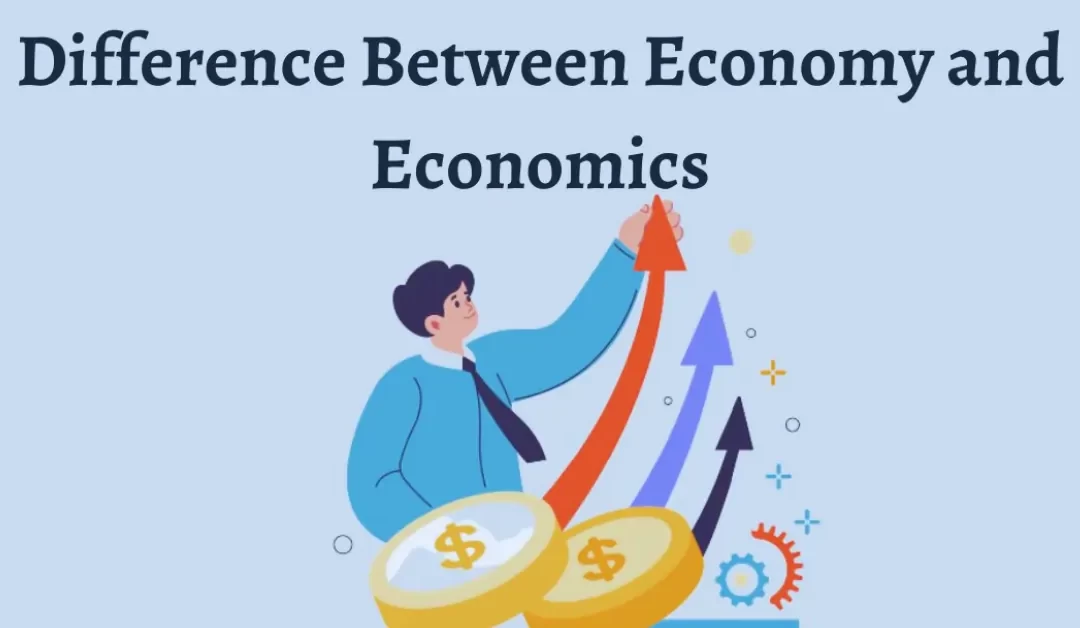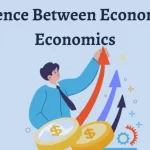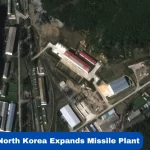An economy is a system where people work, exchange goods, and consume products. It grows when people become more productive. Productivity depends on technological advancements, specialization, and capital goods. For sustainable growth, increasing productivity is key.
Key Takeaways
- An economy is driven by labor, trade, and consumption.
- Economies differ based on government policies, labor, and resources.
- Economic growth happens when goods and services are produced more efficiently.
- Better tools (capital goods) and skilled labor drive productivity.
What is an Economy?
An economy is how goods and services are produced, exchanged, and consumed. Economies are often defined by regions, like the U.S. or China. However, globalization makes these boundaries less important. Government policies shape each economy’s characteristics.
Key Players in Economic Formation
Several groups contribute to the economy:
- Households: Households drive consumption and provide labor for businesses.
- Businesses: Businesses produce goods and services and create jobs.
- Government: Governments regulate the economy and provide public services.
- Banks: Banks provide loans and financial services to stimulate growth.
- Investors: Investors allocate capital to businesses and influence the economy.
Economic Formation
Economies form when people trade goods and services based on their skills. Money is used as a tool for exchange. People specialize in certain tasks to add value, and this exchange creates an economy.
Example of Economic Formation
In colonial U.S. times, agriculture was a major economic activity. Different regions specialized in various crops, like tobacco in the South. This specialization allowed trade to grow. Cities developed, and the triangular trade network connected America with Europe, Africa, and the Caribbean, driving economic development.
Growing an Economy
Economic growth happens when people produce more goods with fewer resources. This is achieved through better tools (capital goods) and specialized labor. Investments in equipment and skills are crucial for growth.
Stunted Economic Growth
Some factors slow economic growth:
- Lack of Investment: Businesses may hesitate to grow due to uncertainty or lack of capital.
- Poor Policies: Bad economic policies and high taxes can hinder growth.
- Structural Challenges: Poor infrastructure or an unskilled workforce limits growth.
- External Factors: Disasters or global issues can disrupt the economy.
An economy grows when resources are used efficiently, and people specialize in their work. Governments, businesses, and financial institutions all play a role. Economic growth is measured by metrics like GDP, and stable governance supports long-term prosperity.































